
Even in the web era, getting through the door is tougher than ever...
In 1991, a book editor at Random House pulled from the heaps of unsolicited manuscripts a novel about a murder that roils a Baltimore suburb. Written by a first-time author and mother named Mary Cahill, "Carpool" was published to fanfare. Ms. Cahill was interviewed on the "Today" show. "Carpool" was a best seller.
That was the last time Random House, the largest publisher in the U.S., remembers publishing anything found in a slush pile. Today, Random House and most of its major counterparts refuse to accept unsolicited material.
JUDITH GUEST
Getting plucked from the slush pile was always a long shot—in large part, editors and Hollywood development executives say, because most unsolicited material has gone unsolicited for good reason. But it did happen for some: Philip Roth, Anne Frank, Judith Guest. And so to legions of would-be novelists, journalists and screenwriters—not to mention "D-girls" and "manuscripts girls" from Hollywood to New York who held the hope that finding a gem might catapult them from entry level to expense account—the slush pile represented The Dream.
Now, slush is dead, or close to extinction. Film and television producers won't read anything not certified by an agent because producers are afraid of being accused of stealing ideas and material. Most book publishers have stopped accepting book proposals that are not submitted by agents. Magazines say they can scarcely afford the manpower to cull through the piles looking for the Next Big Thing.
It wasn't supposed to be this way. The Web was supposed to be a great democratizer of media. Anyone with a Flip and Final Cut Pro could be a filmmaker; anyone with a blog a memoirist. But rather than empowering unknown artists, the Web is often considered by talent-seeking executives to be an unnavigable morass.
It used to be that you could bang out a screenplay on your typewriter, then mail it in to a studio with a self-addressed stamped envelope and a prayer. Studios already were reluctant to read because of plagiarism concerns, but they became even more skittish in 1990 when humorist Art Buchwald sued Paramount, alleging that the studio stole an idea from him and turned it into the Eddie Murphy vehicle, "Coming to America." (Mr. Buchwald received an undisclosed settlement from Paramount.)
STEPHENIE MEYER
Fending off plagiarism lawsuits has become an increasing headache for publishers and studios. "It's become the cultural version of malpractice," says Kurt Andersen, the novelist and host of public radio's "Studio 360."
Some producers make it easy: They just refuse to deal with new writers at all. Mike Clements, president of Good Humor, the production company founded by Tom Werner ("The Cosby Show"), has a personal policy against reading any sample or script that is not sent to him by an agent. "I make the occasional exception for a friend, or for my aunt," he says. "I just make them sign a release first."
Staying Out of the Slush Pile: Do's and Don'ts
• Find an agent who's hungry—a nd "monetize." "Anyone who wants to break in should read Variety and Hollywood Reporter and see which assistants have just been promoted to agents…anyone can teach a three-act structure. What I want students to get in the mind set of is 'How do we write something with the purpose of monetizing it?'" —Ryan Saul, literary agent, APA, and screenwriting instructor
• Don't be a barista waiting for someone to stumble upon your genius. "Our editors travel, they get around. They look at writer's conferences, at MFA programs. They look at magazine articles and at blogs. That's what editors do, they sniff things out from so many different sources." —Carol Schneider, Random House Publishing Group
• Find another way in Slush pile finds "are the rare exception that give people hope. If we found one writer a year that sent things in randomly, that would be a lot…agents are necessary gatekeepers but it's nice if there is an alternative entry…there are subversive ways to get your stuff read—you just have to be dedicated. A writer I know wasn't able to get treatments read so he started rendering them as comic books." —David Granger, editor in chief, Esquire
• Contests! "I'm always wary to recommend to writers that they go to competitions too much because there are fees and they can end up spending a lot of money. But the ones that do get industry attention are really fantastic opportunities to network and to make important relationships." —Hannah Minghella, president of production, Sony Animation Studios, formerly in development at Miramax
• And buck up. In 1957, Tom Wolfe interviewed James Michener, a former slush pile reader and the author of "Tales of the South Pacific." Mr. Wolfe asked him if he had worried, upon submitting the Pulitzer Prize-winning tome to publishers, about competition lurking in the slush piles. "If you've ever read a slush pile," said Mr. Michener, "you'd know I had nothing to worry about," Mr. Wolfe says. "He knew how much garbage there was out there."
As writers try to find an agent—a feat harder than ever to accomplish in the wake of agency consolidations and layoffs—the slush pile has been transferred from the floor of the editor's office to the attaché cases of representatives who can broker introductions to publishing, TV and film executives. The result is a shift in taste-making power onto such agents, managers and attorneys. Theirs are now often the first eyes to make a call on what material will land on bookshelves, television sets and movie screen.
Still, discoveries do happen at agencies, including the biggest publishing franchise since "Harry Potter"—even though it basically took a mistake to come together. In 2003, an unknown writer named Stephenie Meyer sent a letter to the Writers House agency asking if someone might be interested in reading a 130,000-word manuscript about teenage vampires. The letter should have been thrown out: an assistant whose job, in part, was to weed through the more than 100 such letters each month, didn't realize that agents mostly expected young adult fiction to weigh in at 40,000 to 60,000 words. She contacted Ms. Meyer and ultimately asked that she send her manuscript.
The manuscript was passed on to an agent, Jodi Reamer. She liked what she read, a novel called "Twilight." She signed Ms. Meyer, and sold the book to Little, Brown. The most recent sequel in the series, "Breaking Dawn," sold 1.3 million copies the day it went on sale in August 2008. The latest film grossed more than $288 million in the U.S.
At William Morris Endeavor Entertainment, Adriana Alberghetti only reads scripts sent to her by producers, managers and lawyers whose taste she knows and trusts. The agent says she receives 30 unsolicited e-mails a day from writers and people she doesn't know who are pushing unknown writers, and she hits "delete" without opening. These days, she is taking on few "baby writers," she says, adding that risks she would have taken five years ago she won't today. "I'll take very few shots on a new voice. It's tough out there right now," she says.
Book publishers say it is now too expensive to pay employees to read slush that rarely is worthy of publication. At Simon & Schuster, an automated telephone greeting instructs aspiring writers: "Simon & Schuster requires submissions to come to us via a literary agent due to the large volume of submissions we receive each day. Agents are listed in 'Literary Marketplace,' a reference work published by R.R. Bowker that can be found in most libraries." Company spokesman Adam Rothberg says the death of the publisher's slush pile accelerated after the terror attacks of 9/11 by fear of anthrax in the mail room.
A primary aim of the slush pile used to be to discover unpublished voices. But today, writing talent isn't necessarily enough. It helps to have a big-media affiliation, or be effective on TV. "We are being more selective in taking on clients because the publishers are demanding much more from the authors than ever before," says Laurence J. Kirshbaum, former CEO of Time Warner Book Group and now an agent. "From a publisher's standpoint, the marketing considerations, especially on non-fiction, now often outweigh the editorial ones."
Getting an opportunity in Hollywood as a writer once required little more than affiliation with elite institutions like the Harvard Lampoon, the humor magazine which spawned writers for "The Simpsons" and a host of others. The Web was supposed to dismantle such barriers. And to be sure, the Web has provided a path for some writers who use it well.
Scott Belsky, a 29-year-old Web entrepreneur whose sites include "The 99 Percent," wanted to write a book on how to succeed in the creative industries. To secure representation, he approached agents with data on his Web traffic, samples of reader comments posted on the site, and the number of times various posts had been blogged about, tweeted and retweeted on social-networking site Twitter. This data convinced Jim Levine at Levine Greenberg Literary Agency to take on Mr. Belsky as a client. Mr. Levine used the information to land him a book deal. "Making Ideas Happen" will be published in April by Portfolio, a division of Penguin Group.
ANNE FRANK
"These days, you need to deliver not just the manuscript but the audience," says Mr. Levine. "More and more, the mantra in publishing is 'Ask not what your publisher can do for you, ask what you can do for your publisher.'"
But relationships still trump everything. Consider the path of one television series, "Sons of Tucson," set to debut on Fox in March. The show, a sitcom about kids who hire a ne'er-do-well to stand in as their father after their real dad is sent to prison, was created and co-written by neophytes—a rare event.
Tommy Dewey and Greg Bratman worked hard to get their big break, but because Mr. Dewey had done some acting, he was able to sign with a manager. The manager introduced them to a producer, Harvey Myman, who helped them develop a pilot script and got them a meeting with Fox, which ordered a pilot, then the series.
"Sons of Tucson" shows that unknowns can still make it—if they make some connections. "You really do rely on other people to be the arbiters of what may and may not work," says Marcus Wiley, a Fox TV executive. "If I was an agent submitting to an executive, I'm going to be calling that executive next week for something else. So the chances of me claiming plagiarism are slim," he adds. "This keeps both sides honest."
PHILIP ROTH
Despite the refrain that most everything sent to the slush pile is garbage, publishing executives confess to a nagging insecurity of missing something big. "Harry Potter" was submitted to 12 publishers (by an agent), all of whom rejected it. A year later, Bloomsbury published it in the U.K.
In 2008. HarperCollins launched Authonomy.com, a Web slush pile. Writers can upload their manuscripts, readers vote for their favorites, and HarperCollins editors read the five highest-rated manuscripts each month. About 10,000 manuscripts have been loaded so far and HarperCollins has bought four.
The first, "The Reaper," came out in July and sold moderately well. Last November, the publisher released another Authonomy offering, a young adult book called "Fairytale of New York," which has sold over 100,000 copies and is a best seller in Britain. HarperCollins also launched a similar platform for teen writers called "InkPop."
One slush stalwart—the Paris Review— has college interns and graduate students in the magazine's Tribeca loft-office read the 1,000 unsolicited works submitted each month. Each short story is read by at least two people. If one likes it and the other doesn't, it is read by a third. Any submission that receives two "Ps" for "pass" as opposed to "R" for "reject" is read by an editor.
"We take the democratic ideal represented by the slush pile seriously," says managing editor Caitlin Roper.
The literary journal publishes one piece from the slush pile each year. That leaves each unsolicited submission a .008% chance of rising to the top of the pile.
--
Write to Katherine Rosman at katherine.rosman@wsj.com



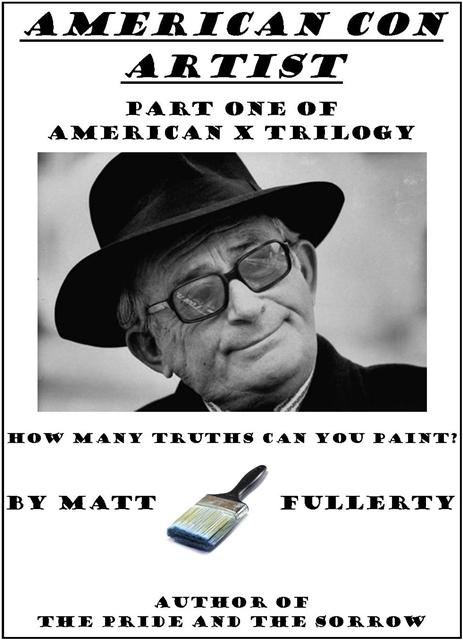cropped.jpg)
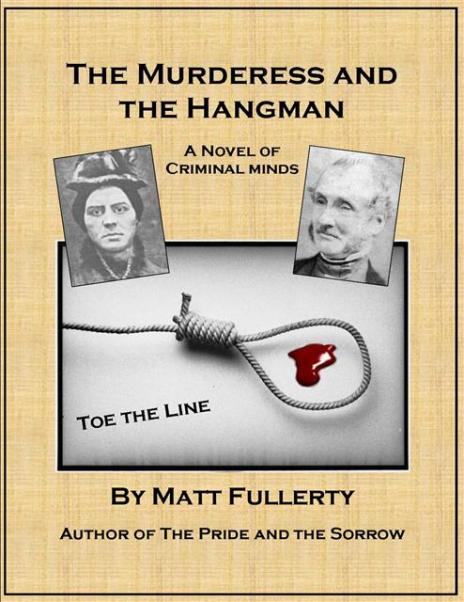.jpg)
cropped.jpg)
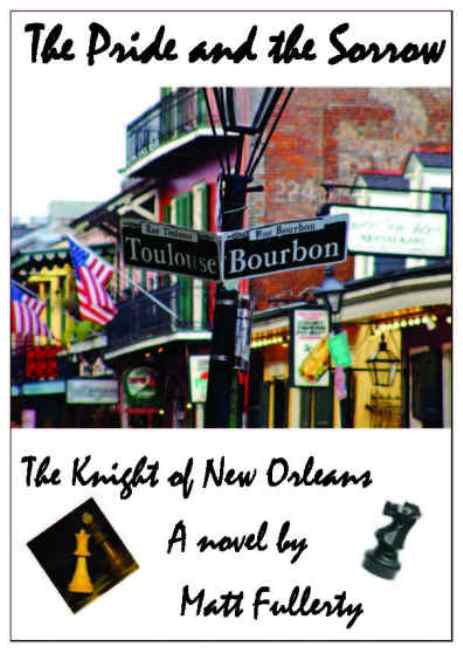2.jpg)
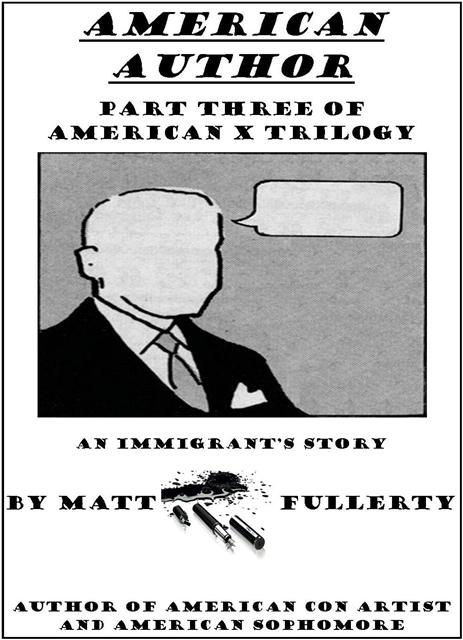Cropped.jpg)
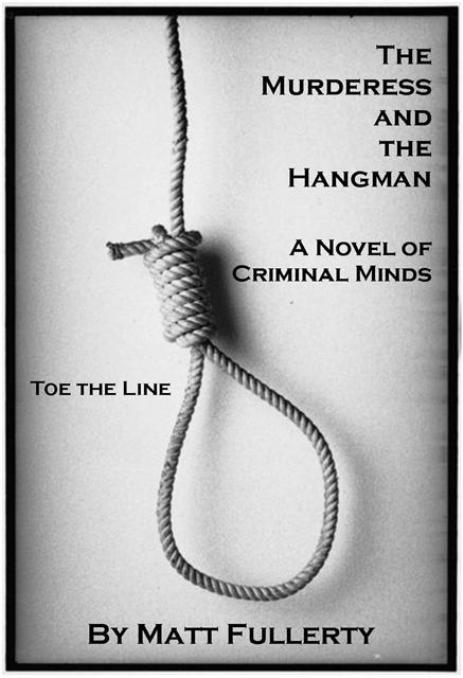cropped.jpg)
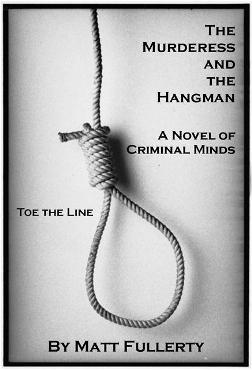4.jpg)














No comments:
Post a Comment